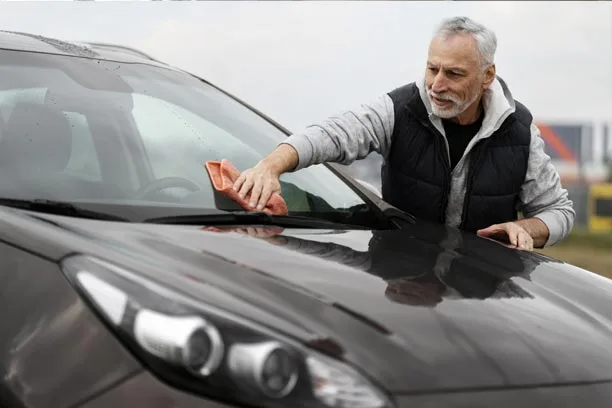How to Determine How Much Your Car Is Worth


Whether you’re thinking about selling or trading in your car, wondering why your car is considered totaled after an accident or simply curious, you may want to know how much your car is worth. Here are the factors that play a role in your vehicle's value.
Depreciation is the amount of value your car loses over time. According to Kelley Blue Book, new cars lose about 30% of their value in the first two years, and continue to steadily lose value as they get older. So, if you spend $50,000 on a new car, which is only slightly above average, after two years it would be worth around $35,000.
Online calculators can show you how to calculate car depreciation for a specific make, model and year. If you’re shopping for a car, you can lower the impact by choosing makes and models with the lowest depreciation rates.
What cars depreciate the least? According to CarEdge, Toyotas, RAMs, Hondas and Mazdas come out on top. They still have more than 60% of their value after five years.
Of course, two identical new vehicles won’t be the same after they’ve been driven for a few years. These factors also affect how much your car is worth:
What your car is worth depends on the trade-in value vs. private sale. When you trade in your car, it’s worth less than if you sell it yourself because a dealer wants to leave room to make a profit when they resell the car. So, when you get estimates of what your car is worth, you’ll find a range of amounts, based on whether you plan to sell it privately or trade it in.
You can plug your vehicle identification number (VIN) or license plate number into these websites, answer a few questions about your car and get an estimate of its value:
If you’re in an accident, your insurance company will evaluate how much your car is worth and how much it would cost to repair the damage.
If it would cost more to fix the car than the car is worth, your insurance company will consider it totaled, according to Kelley Blue Book.
That can be a concern if you have a relatively new car and depreciation means it’s worth less than what you owe for it. You might hear this condition referred to as “negative equity” or being “upside down” in your payments.
For example, say you buy a car for $50,000. You take out a loan for that full $50,000, and you get in an accident right way. Your car might only be worth $40,000, so you would be responsible for the $10,000 difference when you pay off the loan.
You can protect yourself against this expense by choosing replacement cost coverage on your auto insurance policy. Replacement cost coverage means your insurance company pays you the amount for replacing your car, even if it has depreciated.
Whether you’re the type of person who gets a new car every couple of years or you’re someone who keeps that same car for its entire lifespan, it’s important to be protected against the unexpected. You never know when another driver or an unexpected condition could damage or total your car. Reach out to Farm Bureau to make sure your car has the auto insurance coverage you need.